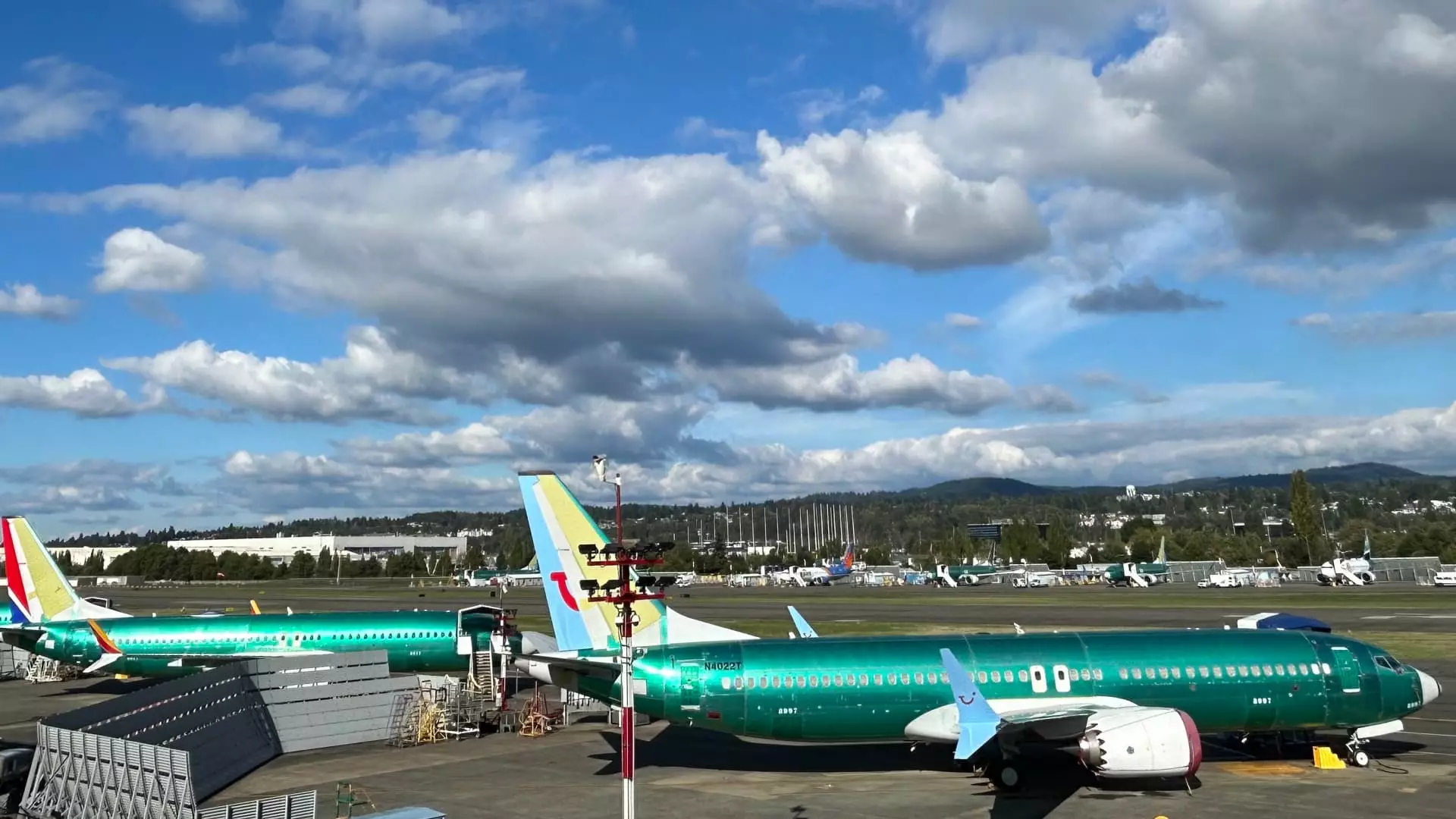In September 2023, Boeing managed to deliver 33 aircraft, a slight improvement from the preceding year. However, this figure starkly contrasts with the company’s cumulative output for the entire year, which stands at only 291 deliveries compared to the 371 achieved at the end of September 2022. This discrepancy underscores Boeing’s ongoing struggles in a highly competitive market dominated by industry rival Airbus, which reported 447 deliveries up to August 2023.
The backdrop to Boeing’s delivery performances is the ongoing machinists’ strike, now in its fourth week. The impact of the strike has loomed large over Boeing’s production capabilities, especially at its Renton, Washington facility, where the Boeing 737 Max is primarily manufactured. Since the walkout began on September 13, the company has been assessing the potential ramifications on its production schedules and the strategic timeline for ramping up output.
Negotiations between the company and union representatives have reached a critical juncture. After a tentative agreement was rejected by union members, Boeing’s attempts to present an improved offer were met with skepticism. Analysts, including Sheila Kahyaoglu from Jefferies, suggest that even if the strike concludes in October, Boeing’s plans to increase 737 Max production from 25 to 38 units per month could face delays stretching up to a year.
Deliveries are crucial not only for Boeing’s operations but also for its financial health. With over $8 billion already burned through this year, the cash flow from aircraft sales becomes essential, as Boeing typically collects the bulk of the aircraft’s price upon delivery. The pressure mounts as each delay in production directly correlates with financial losses, and the upcoming quarterly report due on October 23 will likely highlight these challenges in stark detail.
In terms of specific aircraft deliveries, September saw 27 of the highly sought-after 737 Max models handed over to various airline partners, including notable customers like United Airlines, Ryanair, and Southwest Airlines. Notably, all but ten of these deliveries occurred before the strike initiated, suggesting a rush to fulfill orders before the labor stoppage impacted the supply chain. Additionally, Boeing delivered four 787 Dreamliner aircraft, produced in its nonunion plant located in South Carolina, which may offer a glimpse of areas less affected by the labor disruptions.
Boeing currently reports an inventory backlog of 5,456 aircraft, indicating strong future demand despite present hurdles. However, the persistent issues stemming from the union labor disputes, production missteps, and market dynamics mean that the company must navigate a complex landscape to return to a healthier delivery cadence. As stakeholders await additional updates, the outcome of ongoing negotiations and production levels will significantly shape Boeing’s upcoming fiscal performance and its competitive standing against rivals in the aerospace sector.


Leave a Reply